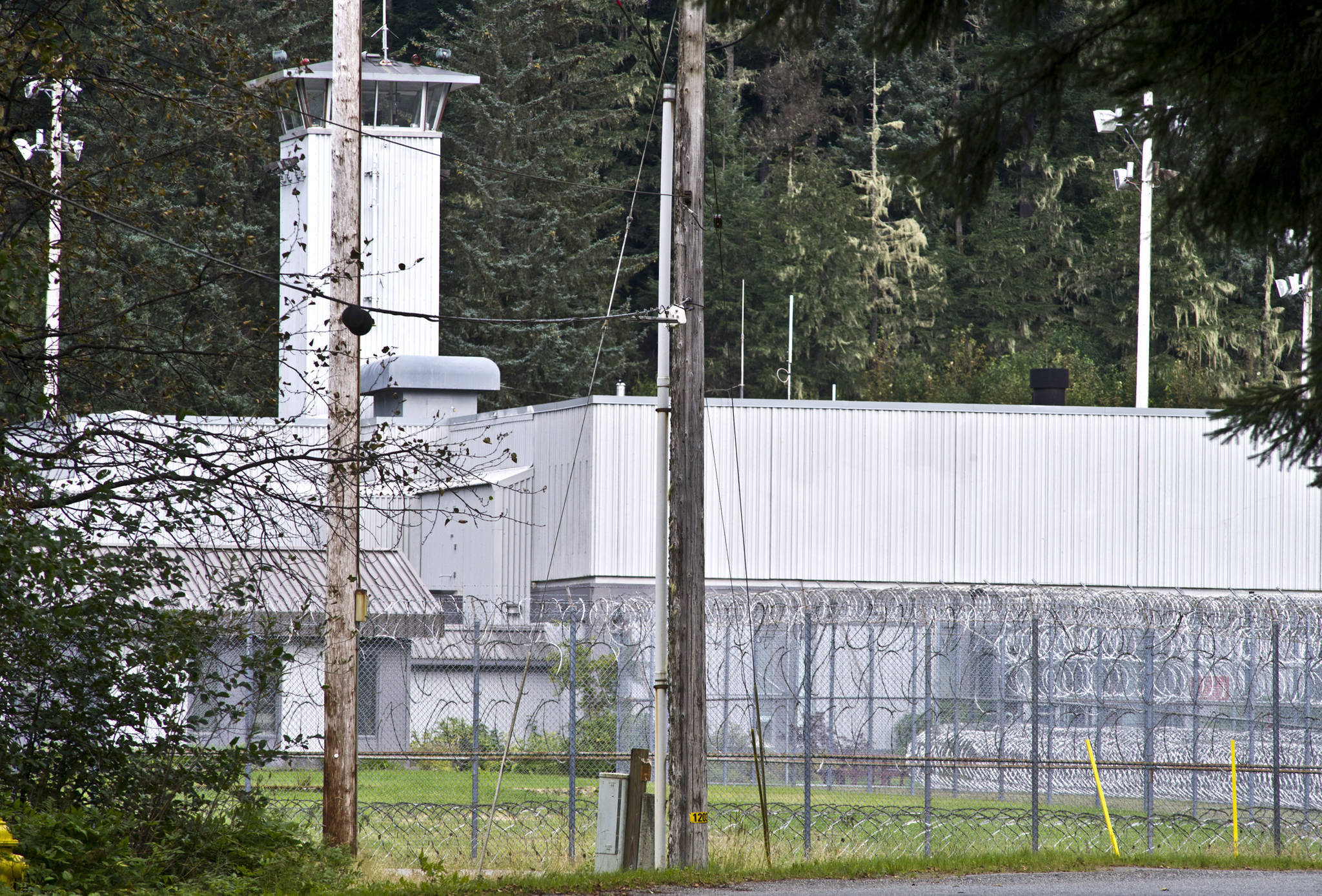A bill allowing judges to impose tougher sentences for many crimes is advancing toward a vote in the Alaska Senate.
The Alaska Senate Finance Committee on Monday approved Senate Bill 54, a rollback of last year’s criminal justice reform measure known as Senate Bill 91.
SB 91 emphasized rehabilitation, drug treatment and probation instead of long prison times. Years of research by the Alaska Criminal Justice Commission found that long prison terms for first-time offenders were counterproductive; once released from jail, criminals were unable to recover their jobs, homes and lives after release. That frequently led them to commit crimes again.
Even though the reform has not been fully implemented, lawmakers are already discarding some of its provisions under pressure from constituents concerned about a recent spike in some types of crime.
SB 54 allows judges to sentence first-time Class C felony offenders to longer sentences, allows judges to imprison people for violating conditions of release from jail, and allows judges to impose stricter sentences on people convicted of multiple Class A misdemeanors, and several other lesser changes.
The Class C felony provision is particularly notable. Criminals convicted of Class C felonies make up 40 percent of Alaska’s prison population, according to statistics presented to the committee, and keeping C felony criminals out of jail was expected to save the state millions of dollars.
SB 54 will cost the state several million dollars per year, testifiers told the committee, but the exact figure is not known, they said. Previous estimates had indicated the state will have to pay $4.3 million more per year in prison costs.
As currently written, SB 54 allows judges to sentence first-time C felony offenders to up to one year in prison. That recommendation is well above the 90 days recommended by a divided Criminal Justice Commission.
Sen. Lyman Hoffman, D-Bethel, had proposed reducing the one-year range to 120 days, but he pulled his proposed amendment on Monday.
Asked why, he said that even though he had the votes in the room, he didn’t want to cause a controversy, and he wanted the bill to pass through the Senate more quickly.
Hoffman, and bill sponsor Sen. John Coghill, R-North Pole, said they support the idea of the 120-day limit, and they expect one to be imposed when the House takes up the bill.
SB 54 is one of the priorities of the Republican-led Senate Majority, and a vote of the full Senate upon the measure is expected this week.
• Contact reporter James Brooks at james.k.brooks@juneauempire.com or call 419-7732.

